For today’s podcast, I interviewed two Uptown business owners: Chris Ikeda, owner and operator of the Lake & Irving restaurant, and Zach Pettus, owner and operator of CycleBar. We met at recent public meetings hosted by the Uptown Association—successful events attended by hundreds of local residents, business owners, and developers, all united by a common goal: to bring back Uptown.
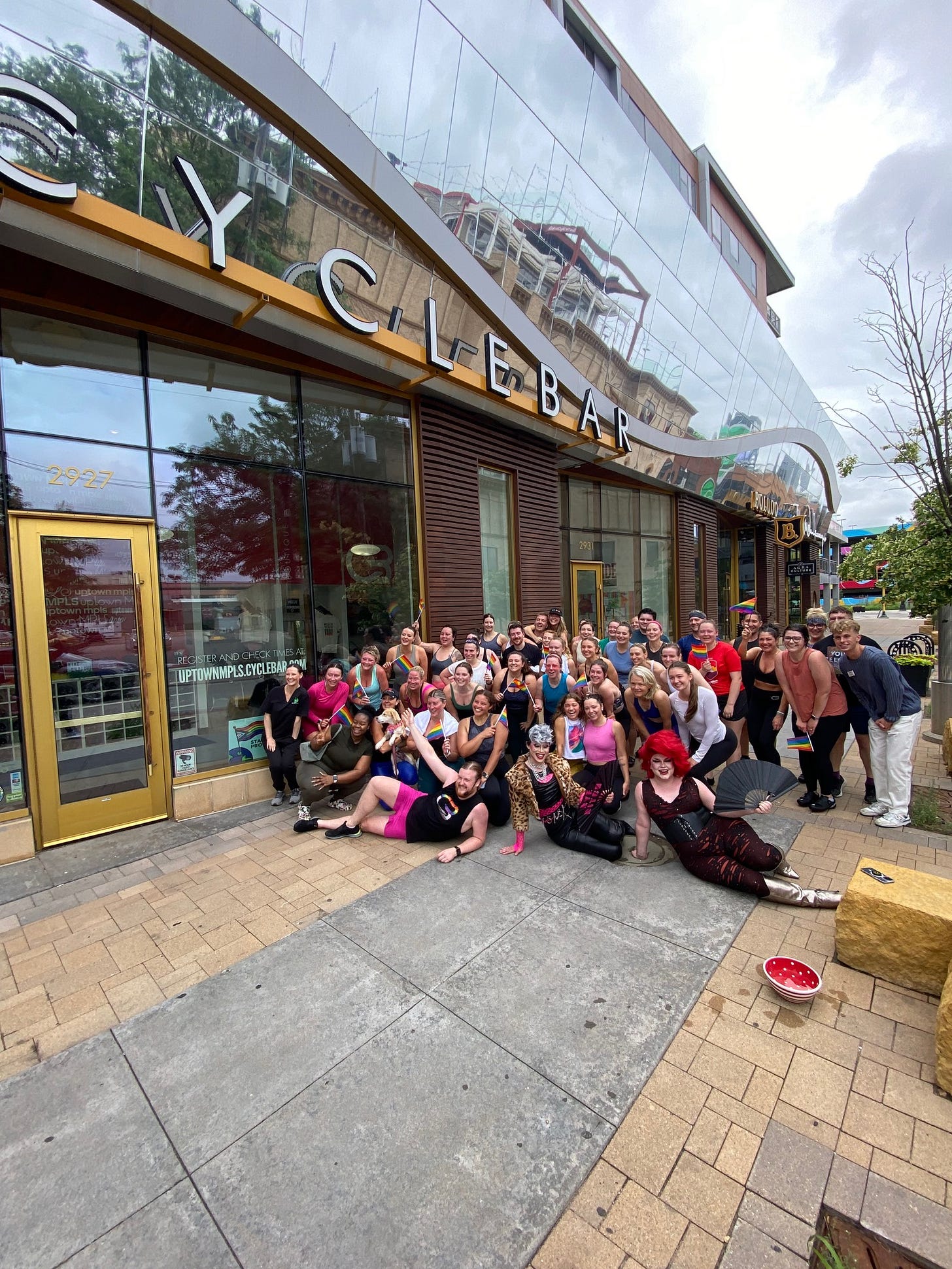
Staying Power
There is new leadership and renewed resolve. People are restless. Residents and business owners want to see positive change in the area. Chris and Zach are part of a contingent determined to stay. They’re realistic about the challenges, but as small business owners, they know that obstacles come with the territory.
While much of the press has focused on businesses that have left, many remain—and they’re dedicating their time outside of work to building a community centered on revitalization. Some of the ideas being promoted include creating a Business Improvement District, similar to what exists Downtown; attracting new businesses to the area; and urging elected officials to actively support the neighborhood.
We cannot take our small businesses for granted, especially the newer ones like Moona Moono, Queermunity, and Mosaic Coffee. If people want to see Uptown succeed, they’ll need to show up—often—and support local businesses.
On September 20, the Uptown Association will host Open Streets on Hennepin Avenue between W. 26th and 36th Streets. And starting in June, a new Thursday night Farmers Market will launch. Events like these happen because volunteers step up and turn proposals into action.
Peter Remes of First & First recently purchased the former Apple Store and the Granada Theater—another sign of what's to come for Uptown.
The Risk Factor
Launching a small business is a risky endeavor. Owners often pool money from family and friends and invest their life savings with no guarantee of success. Your product must attract buyers. The timing must be right.
I respect that risk—partly because of my own experience growing up. My family ran an independent sales business and was always looking for new clients. We weathered many ups and downs, selling everything from telephone poles to wasp spray.
During tough times, things like home maintenance were deferred. Vacations were canceled or pushed to "next year." For years, we didn’t even have a home phone. As incredible as it sounds, every outing with friends had to be planned in person during the day, with the hope that nothing would change by evening. We accepted these sacrifices in order to meet payroll and keep the business running.

Green Shoots
As Zach points out in the podcast, some level of crime is expected in any metropolitan area—but as more people return to Uptown, that risk seems to be decreasing. Recent statistics show that crime is down. We’re no longer seeing intersections taken over by crowds racing cars and causing chaos.
None of us fully understand why these changes have happened. It’s not because more police have been hired, and there are no Safety Ambassadors. Still, we’re glad to see a new sense of security taking hold.
Parking along Hennepin Avenue between Lake and 31st is still a problem. Today, my editor gave up trying to take her 91-year-old mother to get eyeglasses because they couldn’t find parking close enough to the store. It’s a concern many people raised at the Uptown Association meetings—and one we hope will be addressed before more stores are forced to close.
Maybe I’m being overly optimistic because I can finally walk Zelda without gloves, a scarf, a hat, boots, and a parka—but there are signs of life in Uptown. The first green shoots are pushing up from the ground.

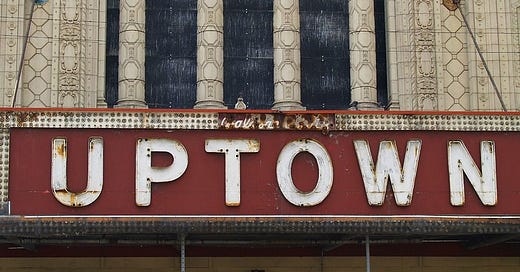


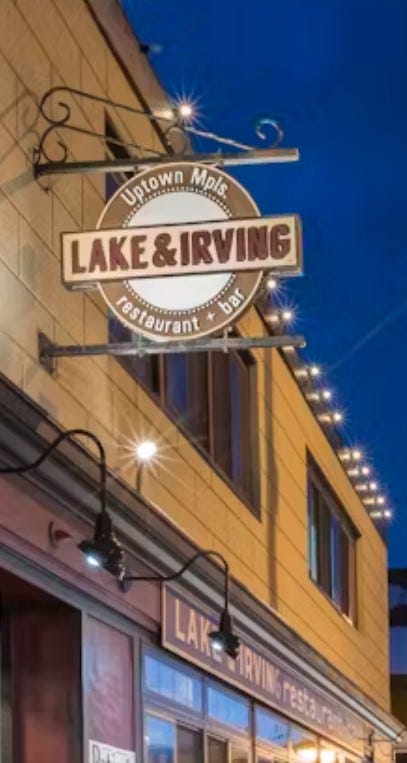

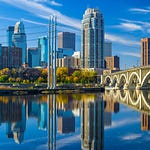
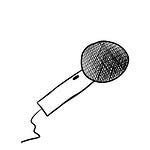





Share this post